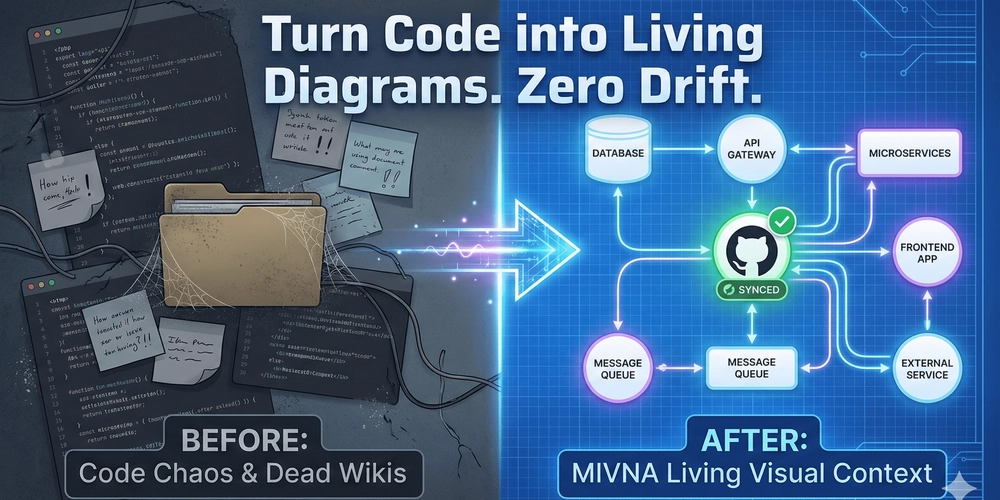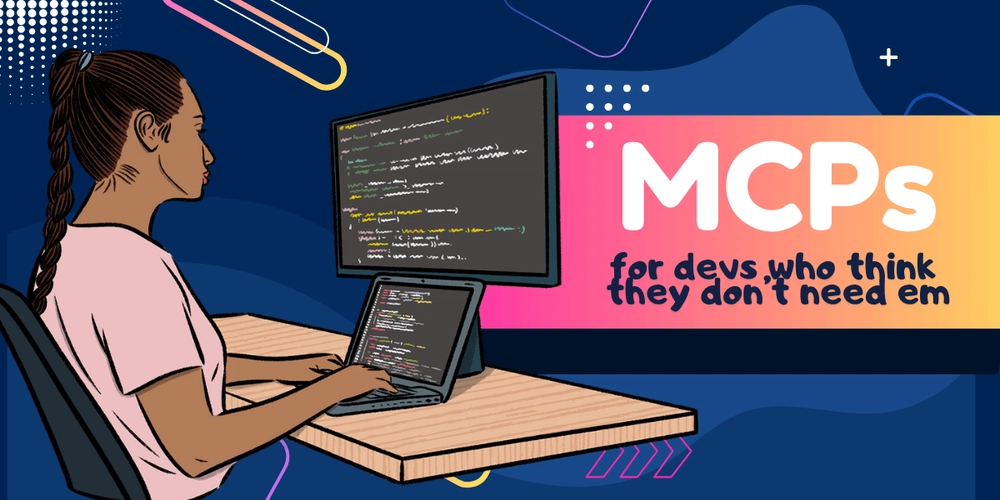Mastering Data Structures & Algorithms: Becoming a Smarter Programmer
Understanding Data Structures and Algorithms (DSA) is no longer just an academic requirement—it’s a skill that separates effective programmers from the rest. Whether you’re optimizing code, solving complex problems, or preparing for technical interviews, a solid grasp of DSA helps you approach challenges more efficiently.
Why DSA Still Matters
DSA is essentially the blueprint of how your code organizes and processes data. Without it, even simple programs can become inefficient and hard to maintain. Learning DSA equips developers to:
- Write faster, more optimized code
- Solve problems systematically
- Build a foundation for advanced programming concepts
Insights from developer communities like Reddit and Stack Overflow show that understanding DSA often outweighs relying solely on frameworks or libraries in real-world projects.
Getting Started
For beginners, the journey can feel overwhelming. A structured approach helps:
- Understand Core Data Structures: Arrays, linked lists, stacks, queues—these are the building blocks of more complex solutions.
- Explore Algorithm Techniques: Sorting, searching, and recursion are fundamental patterns that recur in programming tasks.
- Practice Consistently: Regular coding practice is crucial. Platforms like LeetCode, HackerRank, and CodeSignal provide practical exercises.
- Analyze Efficiency: Learn to evaluate solutions using time and space complexity (Big O notation) to write smarter code.
Beyond Basics
Once comfortable, exploring advanced concepts is invaluable:
- Trees & Graphs: Handle hierarchical or networked data effectively.
- Dynamic Programming: Break complex problems into manageable subproblems.
- Greedy Algorithms: Make locally optimal choices that often lead to globally optimal solutions.
- Backtracking: Explore multiple possibilities systematically to find correct solutions.
Learning from the Community
Insights from developer forums reveal practical challenges and solutions. For instance, many programmers share how understanding a single algorithm improved multiple projects or how misusing a data structure caused serious performance bottlenecks. These perspectives underscore that DSA isn’t just theory—it’s applied problem-solving.
Resources to Explore
For a deeper dive into practical applications and developer insights, check out this guide on Dark Tech Insights.
FAQs
1. Do I need to be an expert in DSA to code professionally?
No, but understanding core concepts significantly improves problem-solving and code efficiency.
2. Which data structure should I learn first?
Start with arrays and linked lists—they form the foundation for most other structures.
3. How important is algorithm efficiency?
Very important, especially for large datasets or applications where performance matters.
4. Are online platforms enough to learn DSA?
They are great for practice, but combining theory with real-world projects solidifies understanding.
5. Can learning DSA improve my job prospects?
Yes, most tech interviews focus heavily on DSA knowledge, and it also helps in day-to-day coding.



